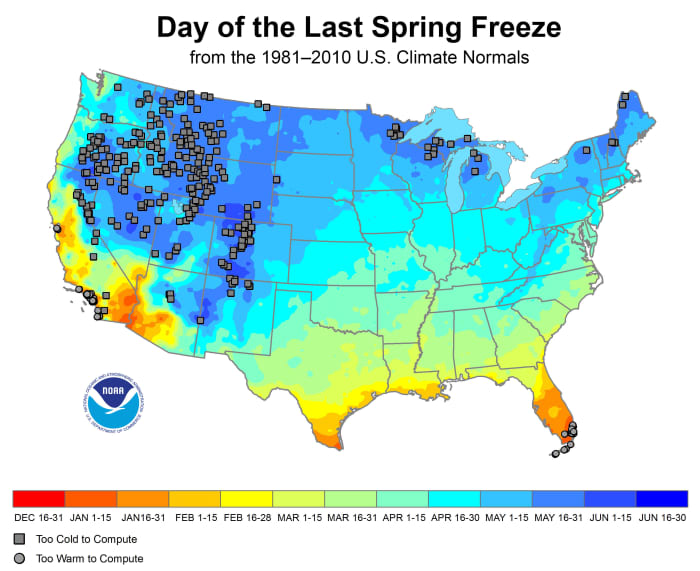Joshua Hawkins
Sat, March 26, 2022

Scientists may have discovered the secret social lives of great white sharks, a new study reveals. While tracking multiple great whites, a team of researchers says it found that some would stick together for more than an hour when patrolling areas around Guadalupe Island. The reason they roam in groups may be simple, yet scary. Apparently, the sharks may have discovered that they can kill larger prey when they work as a team.
The results were published in a new study.
How researchers discovered the secret social lives of great white sharks

But how exactly did these researchers stumble upon this revelation? The group of researchers, including Florida International University marine scientist Yannis Papastamatiou, say they wanted to learn more about the white sharks that gather around Guadalupe Island each year. The waters around the island are teeming with tuna and seals, which makes it a living buffet for the sharks.
To study them, the team created a “super social tag”. This tag allowed them to track the sharks. They were also able to capture video footage of them using an array of different sensors. These sensors showed them depth, direction, and even how quickly the sharks turned when swimming. The secret weapon of the tracker, though, was the sensor that detected nearby sharks with tags issued during previous studies.
The new tags were designed to collect data for up to five days. Then, once the five days were completed, the tags would pop off the dorsal fin and float to the surface of the water for collecting. Altogether the team tagged six great white sharks, three males and three females, throughout a four-year period.
What researchers learned from the social tags

great white shark
Following a study into the data collected by the “super social tags”, researchers discovered that some sharks would gather in groups to patrol around the island. Many of the interactions were short, never lasting more than seven minutes or so.
However, some sharks chose to stay together and hunt for more than an hour.
This data about the secret social lives of great white sharks is a huge step towards understanding how these marine predators live. There’s a lot we still don’t understand about these animals because it’s so difficult to study them without being noticed. For example, in 2018, scientists were trying to understand why a bunch of sharks kept gathering at one spot in the middle of nowhere.
The tracker also gave the researchers a good look at the shark’s different hunting habits. For example, some great whites preferred to hunt in deeper water, while others stayed in shallow areas. Even more, some chose to hunt at night, while others hunted during the day.
The footage of the sharks hunting also showed multiple attempts where the prey managed to get away from the sharks. This isn’t abnormal, as predators do not always manage to catch their prey when hunting. However, Papastamatiou says it could help prove why great white sharks congregate together at times (via Phys.org).
Ultimately, though, there’s still a lot that we don’t understand. Technology may have helped give us a glimpse at the secret social lives of great white sharks, but we still don’t know why these sharks choose to be social.
Papastamatiou says they aren’t necessarily doing it to work together. Instead, it may just be a way of sharing information, should one shark manage to kill some large prey while the others were unsuccessful.


.png)








